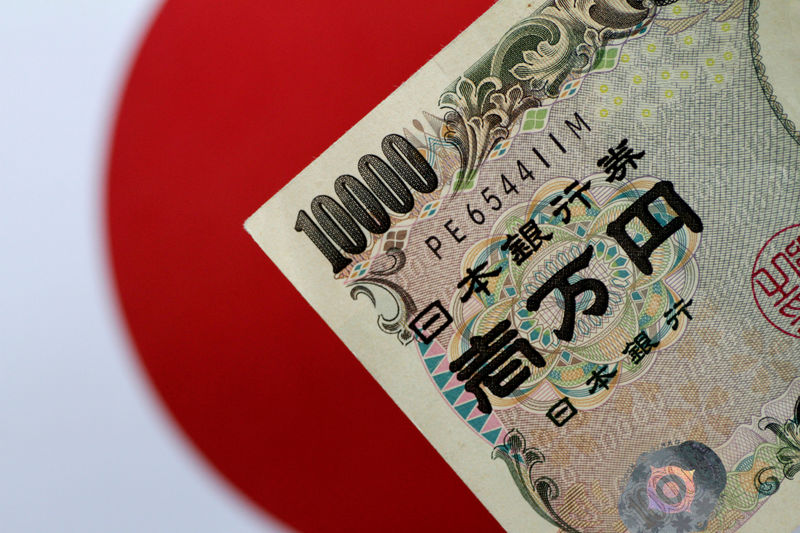By Ambar Warrick
Investing.com -- The Japanese yen fell to an over three-week low against the dollar on Monday after a report said that Bank of Japan Deputy Governor Masayoshi Amamiya - who is a proponent of ultra-loose monetary policy - will take over as the bank’s governor.
The Nikkei newspaper reported that government sources said Amamiya was in consideration to replace incumbent governor Haruhiko Kuroda later this year, with a formal announcement to be made later this month. Kuroda’s term ends in April.
The yen fell on the report, as markets saw the move as a potential extension of the BOJ’s ultra-accommodative stance. The currency sank 0.5% to the dollar, and was trading close to 132, also coming under pressure from stronger-than-expected U.S. payrolls data.
Expectations of the BOJ potentially relaxing its ultra-loose policy came sharply into focus in recent months after the central bank unexpectedly widened its strict yield curve control measures. This pushed up bets that rising inflation will force the bank into further tightening policy this year.
Japanese consumer inflation is currently at an over 40-year high of 4% - twice the BOJ’s annual 2% target. The trend, coupled with a pronounced slowdown in the country’s manufacturing sector, is expected to dent economic growth in the coming months.
But the BOJ has argued that monetary policy needs to stay accommodative to shield the economy from worsening global conditions, as well as lingering effects of the COVID-19 pandemic. To this end, the bank kept its yield curve control measures unchanged in January.
The central bank had vowed to undertake widespread monetary easing in 2012 to combat rampant deflationary conditions, and has maintained interest rates at record lows for nearly a decade.
But other candidates for the top BOJ role have spoken against keeping monetary policy loose for too long. Career central bankers Hirohide Yamaguchi and Hiroshi Nakaso, who are both considered to be candidates for the post, are seen as hawks and have repeatedly criticized the bank’s decision to keep policy loose.
Japanese benchmark bond yields rose 0.2% on Monday and were close to testing their upper limit of 0.5%.
The Nikkei 225 stock index jumped 0.9%, ducking a decline in broader Asian markets on the prospect of accommodative monetary conditions.
